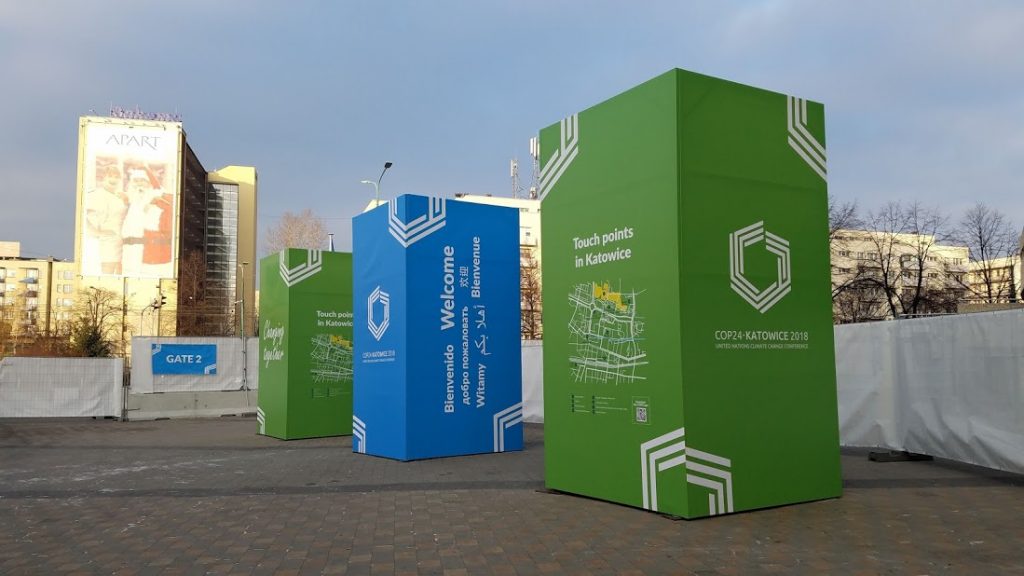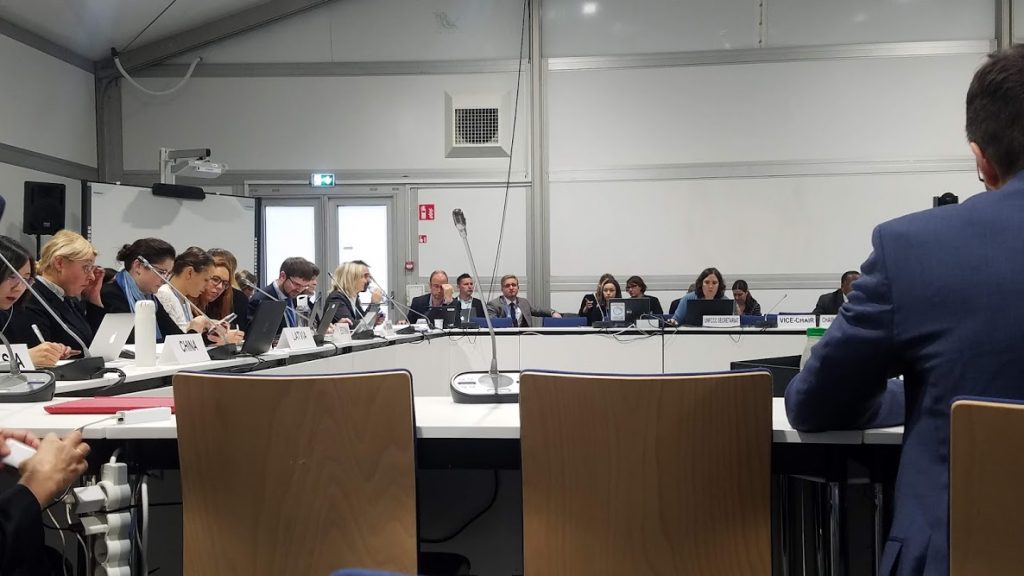At the end of week one, transparency remains a thorny issue. I tracked the negotiations on transparency throughout the first week, attended side events on the topic, and went to peer review sessions under the current transparency framework. Check out my last blog to get up to speed on MAs, FSVs, and the state of transparency leading up to COP24.
The negotiations on transparency were initially hard to track. The working group on the Paris Agreement (APA) had decided to make their informal consultations closed to observers, applying an amusing term to those sessions – informal informals. The first session I tried to attend, we got kicked out after countries made a few cursory remarks. It wasn’t until Thursday that observers were able to witness substantive negotiations.

Thursday also saw the release of a draft text that clocked in at 31 pages. The text was released two hours before negotiations and nearly every comment in session began with the caveat “We haven’t had the chance to read it closely, but…”
A similar thing occurred on Friday, when parties were supposed to meet from 10-11 to comment on the second iteration, which wasn’t released until 12:40. The meeting lasted ten minutes.
So what’s taking so long? Where is the complication coming from? The co-facilitators are tying to capture immensely different views on flexibility, so streamlining the many options is difficult. Increasing transparency is also highly linked with increasing capacity building and securing commitments from developed countries has proved difficult.
In the APA closing plenary several blocs spoke about the work that still needs to be completed. The Umbrella Group wants to see and end date for flexibility provisions. The Arab Group wants to see transparency divorced from any compliance mechanism. The African Group and AOSIS group called for guidance on reporting Loss and Damage. So, while the high level negotiators have the third iteration of text to guide their negotiations, very few of the big questions have been settled.

Almost like sitting at the table for the MA session!
It’s easy to get caught up in negotiations, but it’s also worth reflecting some of the importance of the current transparency framework. Attending the MA and FSV sessions gave me a chance to see some of the potential for benefits from the peer review process. I saw Argentina voice its concerns over segmented climate finance that aids consultants rather than building internal capacity. Ideally there’s a way to capture that knowledge and consider it in relevant forums.
I also saw Germany completely dodge a question on winding down coal production. China reported numbers for some sectors that had 42% uncertainty. While transparency is useful, there’s no way to demand answers in this forum. Even a strong Enhanced Transparency Framework will still allow for slippery answers and creative accounting. Transparency has garnered a lot of attention because it’s important, a concrete, binding aspect of the Paris Agreement. But it’s not a panacea.